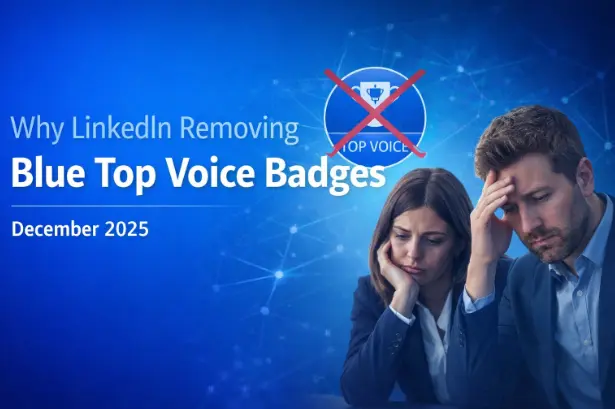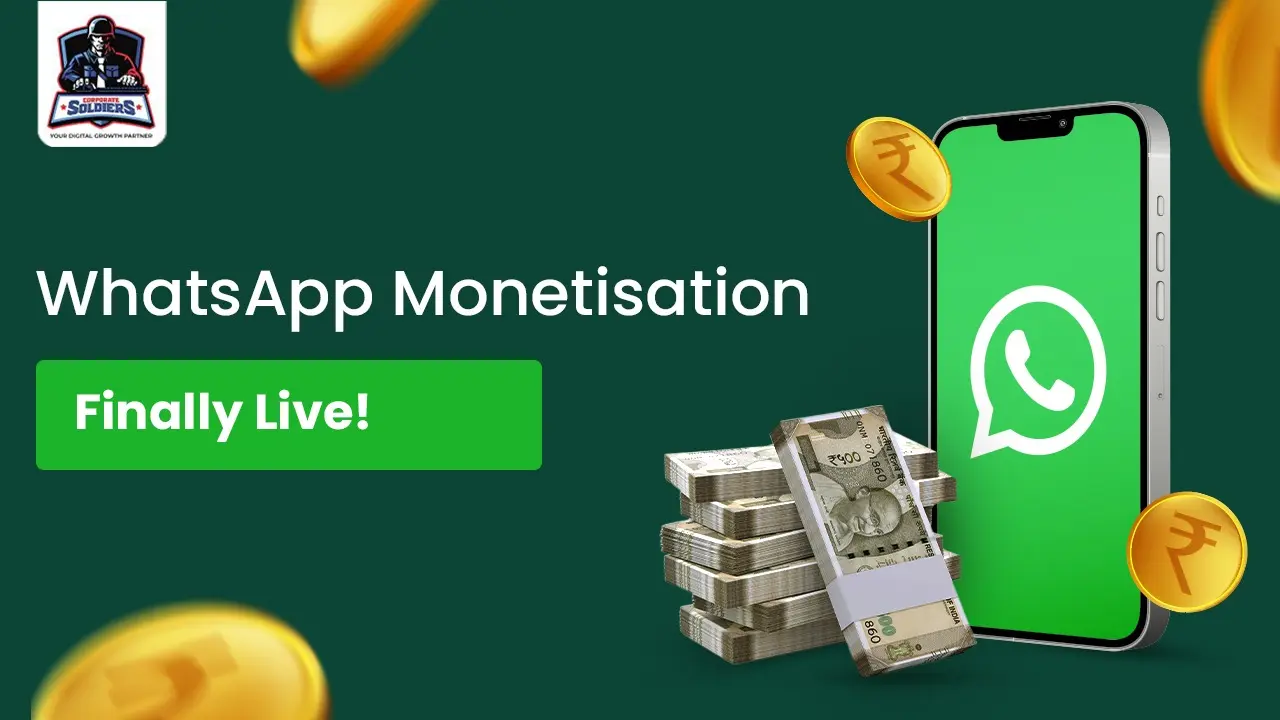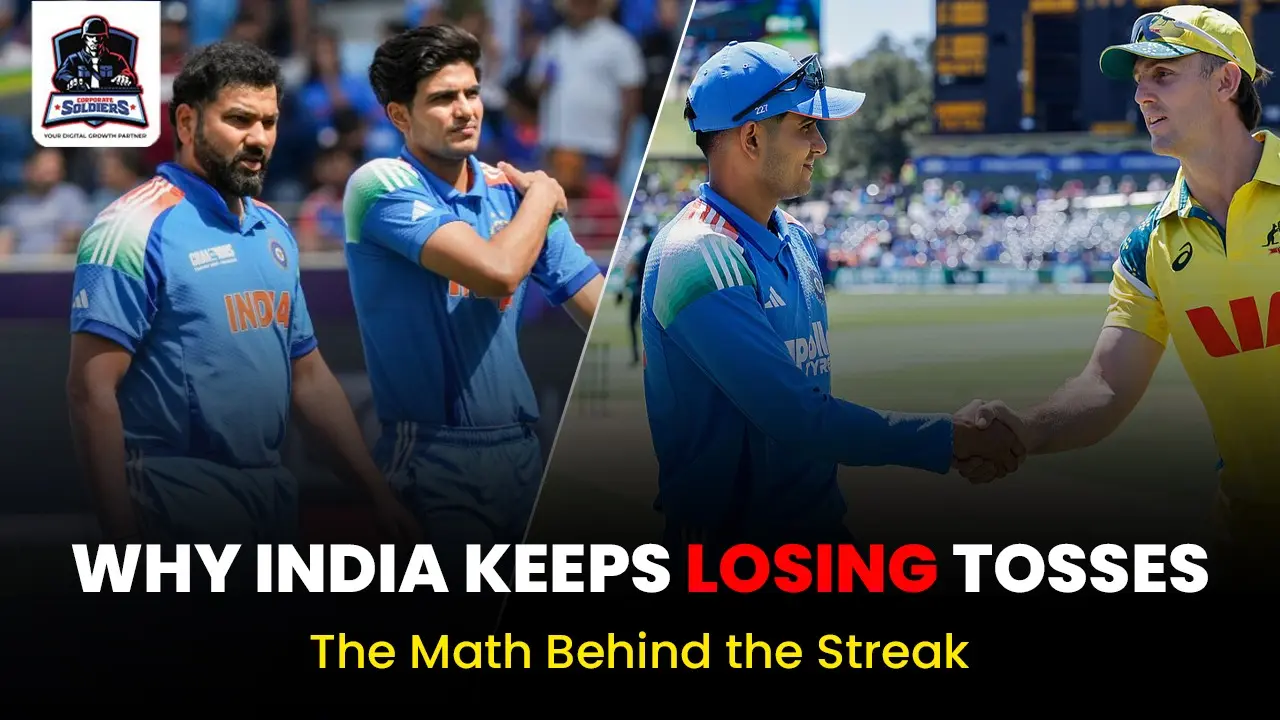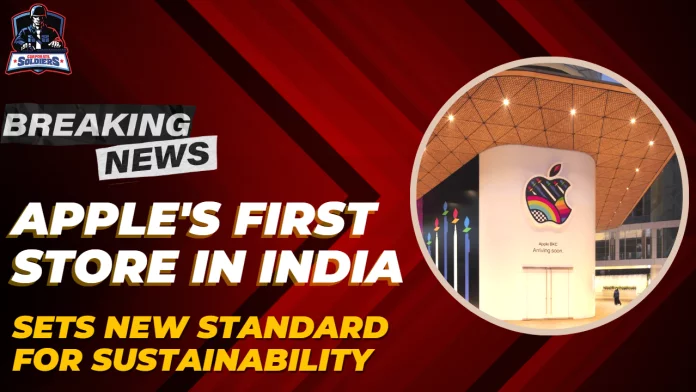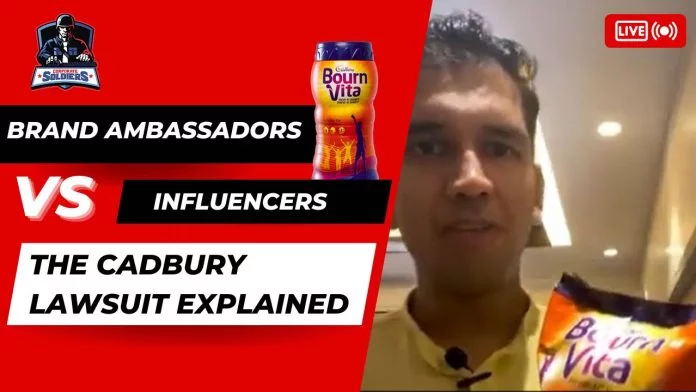Zomato, the prominent online food delivery service, has recently introduced an innovative feature called ‘Food Rescue’, enabling customers to purchase cancelled food orders at a reduced price.
In the announcement, CEO Deepinder Goyal highlighted that, despite the company’s no-refund policy, more than 400,000 orders are cancelled on the platform for various reasons. Many users expressed their thoughts on the ‘Food Rescue’ feature, but one particular comment from a user named Bhanu stood out to Goyal.
How it started
Cancelled orders will now be visible to nearby customers, allowing them to purchase these items at an exceptional price, still in their original, unopened packaging, and receive them within minutes, Goyal stated on X.
In a follow-up tweet, Goyal elaborated on this feature, indicating that cancelled orders will be accessible to customers located within a 3 km radius of the delivery partner, and will be offered at reduced prices. To maintain product freshness, customers will have a limited timeframe to claim these orders.
Zomato will not retain any proceeds, aside from the necessary government taxes. The amount to be paid by the new customer would be divided between the originating customer if the payment is made online and the restaurant partner-clarified Goyal.
Orders that are not included in this feature consist of temperature-sensitive items such as ice creams, shakes, or smoothies. He also clarified that delivery partners will receive full compensation for their services from the initial pickup to the final drop-off.
Food Rescue will automatically appear on your home page in case an order is cancelled and that order is available for you to claim, he said. Please refresh the homepage to check if there’s any newly available order that needs rescue.
Goyal’s announcement generated a significant response on social media, with numerous users expressing their opinions. Some hailed the initiative as commendable for providing food at reduced prices, while others suggested potential enhancements for its implementation.
The Feedback That Stood Out
A notable user was Bhanu from Bengaluru, who proposed various enhancements to the feature.
- He recommended that cancellations should not be allowed if the delivery is within 500 metres of the destination to prevent last-minute cancellations.
- He also proposed that cash-on-delivery (COD) orders should be excluded from the feature.
- “Chances of 2 idiots sharing meals ordering and cancelling at the same time getting a discount place,” read Bhanu’s third suggestion.
- Finally, he suggested that only two cancellations should be allowed in a month.
A Win-Win Outcome
The Zomato CEO expressed his admiration by directly responding to Bhanu’s post, indicating that these recommendations, along with others, had already been integrated into the feature. Goyal commended Bhanu for his insightful ideas and sought to learn more about his background, expressing a keen interest in potential collaboration in the future.
Goyal’s response was, “All of this and more is already in place. I appreciate your insightful thinking. May I inquire about your identity and your professional endeavours? I would be interested in learning more about you and exploring potential collaboration opportunities. Please feel free to message me if you would like to discuss further.”
Bhanu stated that he serves as a product manager in Bengaluru for a startup. He also mentioned that he frequently provides feedback on social media to enhance services, specifically tagging Blinkit, which is a sister company of Zomato.
Closing Thoughts
The story of Bhanu-from giving feedback to eventually landing a job-offers the most brilliant example of possibilities that can come from an initiative-taking, insightful, and solution-providing attitude. That reminds us that, in this closely knit world, every interaction, however trivial it might seem, has the capacity to bring dramatic changes in our lives.
So, the next time you are in a situation where something could be improved—whether that’s a late delivery, a poorly functioning app, or poor service—take a minute to think critically about it and to give constructive feedback. You never know how your feedback will not only help improve a service but also may be the doorway to your next great opportunity.



